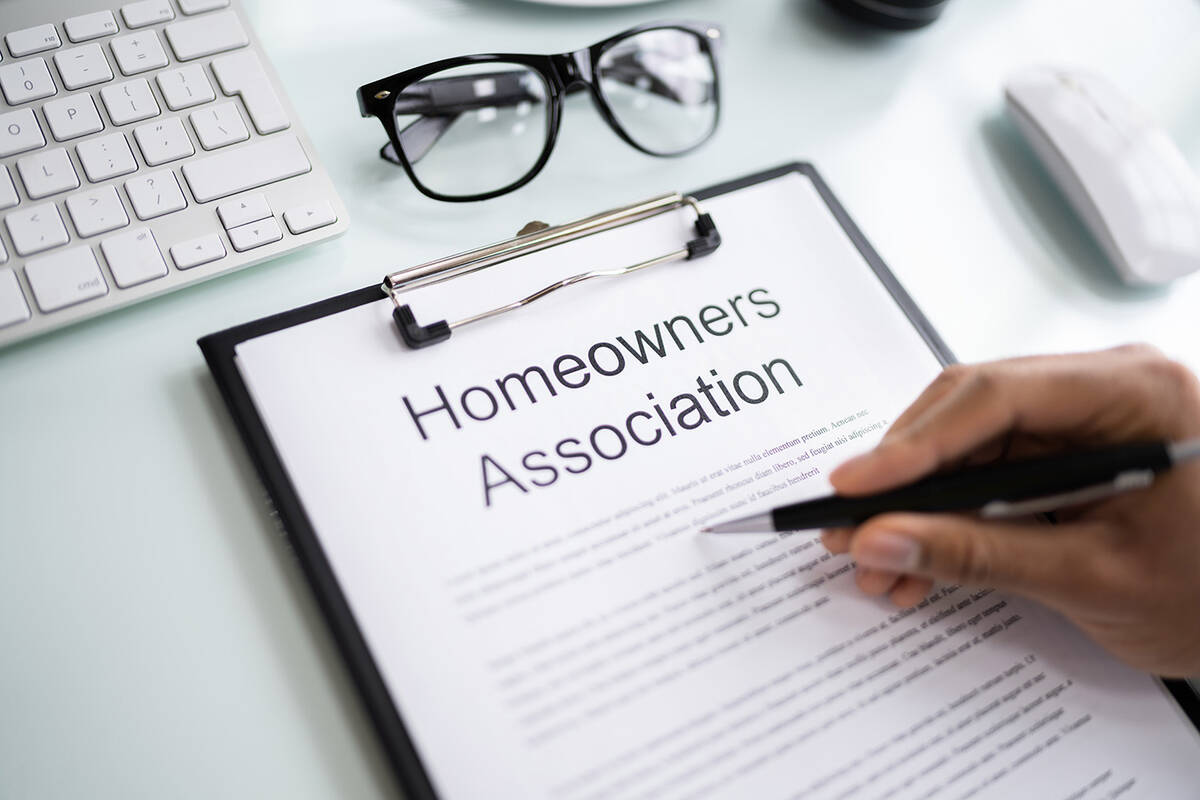Law does not address online HOA meetings
Q: Since COVID has arrived in our world, our homeowners association and board now allow access from outside of their meeting room, via Zoom or phone line. I had requested access before COVID and was denied external access to listen to the board meeting; they only allowed owners that were able to physically attended access to those meetings. Attendance was extremely low. Attendance has picked up greatly since allowing external access. I do admit that at times it is a little difficult to hear all that is being said, but our HOA manager does a great job of attempting to summarize what was being said. Now, I am understanding that some members on the board would like to remove this access. While I do not live in Las Vegas, there are other owners that cannot physically attend due to illness or scheduling, but could attend if the electronic access was left in place. Is there any rule that allows for use of an electric access to be put into place for owners?
A: The short answer: No. Until any changes in the meeting laws are considered and passed by the 2023 Legislature, meetings are to be held at physical locations.
Nevada Revised Statutes 116.31083 (5) states that the notice of the executive board must state the time and place of the meeting.
There are many advantages and disadvantages of having a combination meeting — those present and those online. Until associations invest money to provide a better virtual system, homeowners can continue to expect various difficulties in hearing and seeing the participants at the board meetings.
Q: I am hoping you can assist me with a couple of questions I have regarding my HOA. We have been receiving letters telling us that the HOA fees are going to be increased. Stating the budget must be up to date, in order to do that the homeowners have to pay more. I have questions about this:
1. I moved here in January 2020, in two years I was not aware, and was not told that the budget was not balanced.
2. Why is it more for the “attached” townhomes than the single “unattached” homes?
3. As I read an article of yours, I thought by law they cannot raise the HOA fee no more than 3 percent.
4. If the budget was not balanced before I arrived, which seems to be the case, is there something I can do to protect myself from this.
Any advice you can give me would be greatly appreciated. It just seems entirely unfair especially after they made us change our homeowners insurance.
A: When you purchased your home, you should have received a resale package that includes the current operating budget, a year-to-date financial statement and the governing documents as listed under NRS 116.4109. Under this law, section 2, you had the opportunity to cancel your purchase until midnight of the fifth calendar day following the date of receipt of the real sale package. This five-day period provides an opportunity for buyers to obtain questions concerning the association. It is not easy for many buyers to obtain the professional assistance in understanding the financials of the association as well as the basic mechanism of how the association actually operates.
Assuming that you received the proposed 2023 budgets for the townhouses and the unattached, you would need to compare the two sets of expenses to begin to understand the difference in the assessment structure. Some of the possible differences pertain to the maintenance that is required with the townhomes versus those of the single unattached homes. Other possible differences could be the required insurance as well as the cost of utilities.
Budgets are estimated projections of operating costs. In developing budgets, managers and board members usually review the current financials and the past 12 months of operations. In addition, it is important to assess the possible increases for the coming year, such as utilities, insurance and services. Also included in a budget are projected projects and their costs, such as landscape, pools, gates as well as other improvements to the association. Can unanticipated costs occur? Yes, they do, such as broken water pipes.
As to your insurance comment, NRS 116.3113 has very specific requirements that associations have to follow when obtaining insurance policies. Under subsection 2, in the case of a building that contains units divided by horizonal or vertical boundaries that comprise common walls between units, the insurance, to the extent reasonably available must include the units but not include any improvements and betterments installed by the owners. Property insurance is just one of the required insurance policies that an association it to obtain.
Hopefully at your budget ratification meeting, your board or community manager will provide responses to your concerns.
Barbara Holland is an author and educator on real estate management. Questions may be sent to holland744o@gmail.com.



















